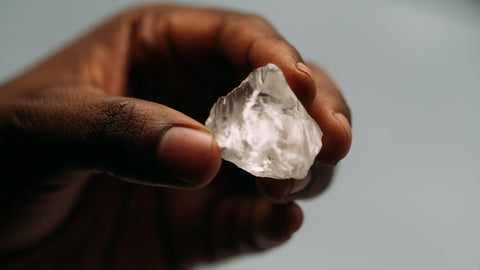The diamond miner said it will pledge $6.8 million to support the national vaccine procurement and rollout programs in Botswana and Namibia, two of its diamond mining partner countries.
About $5 million will go to Botswana and $1.8 million to Namibia.
De Beers said it will work with the respective governments to find the best ways for the money to assist their programs and benefit their populations.
Additionally, it has pledged $270,000 to support COVID-19 response efforts for India’s gem and jewelry industry as the country fights a devastating second wave of the coronavirus.
The money will be shared between the Gem & Jewellery National Relief Foundation, established by the Gem and Jewellery Export Promotion Council, and the All India Gem and Jewellery Domestic Council’s COVID-19 Relief Fund to support industry artisans.
Both are focused on procuring and mobilizing oxygen concentrators and ventilators, and securing medicine for hospitals and medical centers.
This latest pledge builds on the more than $10 million De Beers Group and its joint ventures have already contributed to its diamond producing partner countries of Botswana, Canada, Namibia, and South Africa for their pandemic responses.
“The delivery of successful national vaccine programs is a critical part of the recovery phase, and we are committed to working with our government partners to ensure we support their national vaccination strategies in the best way possible.”
He added: “As the global heart of the diamond manufacturing sector, the situation in India affects us all in the diamond industry, and our thoughts are with everyone in India as the country faces its greatest challenge yet with regards to COVID-19. It’s heartening to see the GJEPC and GJC playing such a vital role in helping those in the Indian diamond sector affected by the virus and we are proud to support their critical work.”
De Beers Group’s COVID-19 support strategy has comprised three separate phases: helping communities prepare for the pandemic, supporting the emergency response, and partnering in economic recovery.
Its support in each phase has been wide-ranging, such as providing health and hygiene products and infrastructure, donating medical equipment and supplies, and providing support for social services and shelters in response to increasing gender-based violence.


